A Guide to Hiring a Benefits Broker

In this tight economy, even with healthcare costs spiraling ever upward, you still must find a way to provide the benefits that will enable you to competitively recruit and retain talent.
You need a benefits broker who can work with you to produce tailored solutions that have long-term value, based on an assessment of your organizational goals as well as employee needs and risk.
Ideally, your broker will give you year-round advice and support to keep your people healthy and productive, with an eye on the big picture. On that note, here’s a guide to hiring a benefits broker.
Explain Benefits Brokers
Healthcare is complicated. Employee benefits brokers, meanwhile, are experts on the subject. They’re familiar with and can access all the various and sundry benefit options available and can help you parse the dizzying array of offerings. Further, brokers know which vendors provide whatever benefits, and how these benefits are priced.
Basically, what brokers do is evaluate each company’s circumstances then survey the market to gain the best and most appropriate coverage.
When Should We Bring a Broker On?
Get as far out as possible of your plan renewal date. Regardless of your company’s size, brokers have a big job in terms of everything they need to assess, process and, where applicable, solve.
Explain More About What Benefit Brokers Do
Each broker is different, but all at minimum are expected to provide:
- Cost reduction help. Brokers are expected to let you know how to contain and even reduce costs, such as the total number of premiums.
- Help with compliance. Keeping up with all the rules and regulations that come with laws such as the Employee Retirement Income Security Act and the Affordable Care Act is no small feat. Part of a broker’s job is to keep you in compliance.
- Help choosing insurance. The experts know about all the health, disability, life, dental, and vision options available.
- Work with benefit providers. A benefit broker will negotiate with providers to get the best deals possible for your organization.
- Help with problems. Issues are inevitable, particularly when it comes to claims or benefits administration. The broker will handle them.
- Help employees. Your people are going to have questions about benefits or coverage or need help with claims. You can point them to your broker.
- An assessment of your existing benefits program. Your broker will evaluate your claims and overall situation and apprise you of what changes you should make, and why.
- Advice regarding benefits package changes. Your broker will suggest changes based on the composition of your workforce in addition to previous utilization rates.
- Employee Education. During open enrollment, your broker is responsible for apprising employees of their options and making sure they know what they’re signing up for.
Steps to Take When Choosing a Broker
When casting about for the right broker for you, here are some steps you should take:
- Put together a formidable talent pool. You want to narrow down your candidate list to those who can handle an organization of your size, are based in your region, “get” and can address your organization’s needs and goals.
- Have candidates answer questions in writing. Along with formulating questions, this exercise sharpens your needs and requires candidates to document deliverables.
- Compare candidates based on scores. You’ll need to score candidate answers to the questions mentioned above. This helps you to be objective and make choices based on capabilities.
- Interview finalists. Make sure the setting is the same for each candidate. Look over the questionnaire answers for each candidate to come up with follow-up questions.
- Save supporting documents. You may want to have in place a services agreement so that all parties know the rules of engagement. You should also get from your broker a copy of their privacy policy, a Business Associates Agreement, and a statement about commission and fees.
Now that you have some guidance in terms of hiring a benefits broker, you can confidently put together a list of candidates who can help you put benefits solutions in place that will satisfy employees and fit your organizational goals and objectives. After all, health benefits on average are 14 percent of total organizational payrolls.
We do recommend Mercer, who has been rated the No. 1 employee benefits broker for four straight years.
